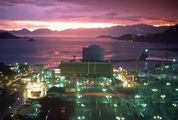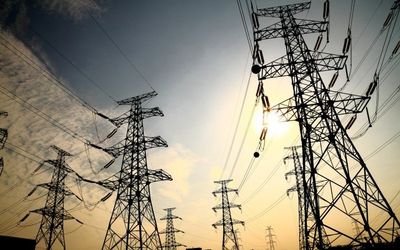ESKOM’s request for an additional R22.8bn in tariff increases will benefit neither the utility nor its customer s, according to various speakers at the public hearing organised by the National Energy Regulator of SA (Nersa) on Thursday.
At the hearings in Midrand, presenters — ranging from steel and mining interests to local government and the environmental lobby — were unanimous in their objections to its plea.
Nersa is holding public hearings, which began in Cape Town, on Eskom’s regulatory clearing account, a mechanism that allows the utility to recover unexpected costs that arise while generating electricity.
The costs are recovered from consumers retrospectively by adding them to the next year’s tariffs.
However, to do so, the regulator must deem that the additional costs pass efficiency tests and have been incurred prudently.
Eskom is claiming an additional R22.8bn from the 2013-14 year, which will amount to an 8.6% tariff increase. This would be on top of the 8% increase agreed for this year. A decision on the tariff application is due by the end of the month.
Henk Langenhoven, chief economist for the Steel and Engineering Industries Federation of Southern Africa, described Eskom’s request as an "agterskot", or "post-advance", an unfair late adjustment.
"The (metals and engineering) sector is in dire straits and any increase in electricity prices will cause further contraction," he said on Thursday.
The Chamber of Mines said in its presentation it would not "support the recovery of costs that could have been avoided by better management".
Eskom said in its own presentation it was "sensitive to the impact it had on the economy and the importance of providing electricity when needed". It said it had not claimed an amount of R10.5bn in its submission, "further benefiting the consumer". The utility also said it had implemented a R60bn savings programme over the current multiyear price determination (MYPD) period and had optimised capital expenditure.
But presenters said delays and cost overruns — especially at Eskom’s new Medupi and Kusile power stations — were the cause of Eskom’s application.
The South African Local Government Association was critical of the regulatory clearing account process, and questioned the MYPD framework, saying it and the clearing-account process did not provide for predictability and stability in electricity pricing. It said the revenue-clearing account was supposed to benefit both Eskom and customers including municipalities.
"Increased tariffs have an inflationary effect on an already constrained economy," it said.





















Change: 0.25%
Change: 0.36%
Change: 0.88%
Change: 0.11%
Change: 0.16%
Data supplied by Profile Data
Change: 0.00%
Change: 0.00%
Change: 0.25%
Change: 0.00%
Change: 0.00%
Data supplied by Profile Data
Change: 0.97%
Change: -0.01%
Change: 0.03%
Change: 1.03%
Change: -0.23%
Data supplied by Profile Data
Change: 0.00%
Change: 0.00%
Change: 0.00%
Change: 0.00%
Change: 0.00%
Data supplied by Profile Data